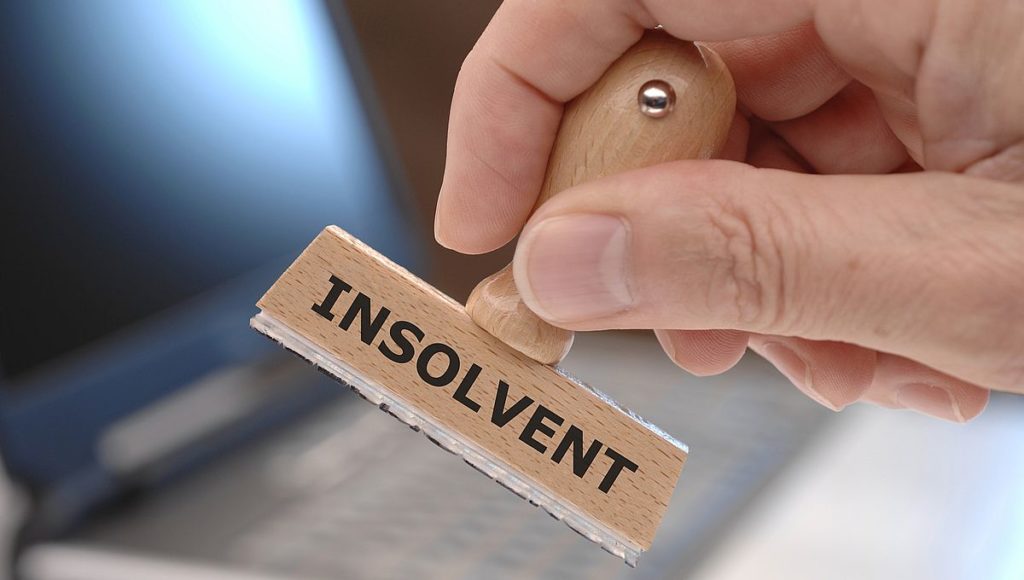Think Twice Before Dissolving A Company

When a business venture doesn’t go as planned, it’s natural to consider winding up operations and moving on. However, dissolving your company prematurely can lead to serious consequences, especially if you’re planning to recover funds from a failed transaction or investment. Here’s a cautionary tale that underscores why keeping your company active is crucial if you hope to make a recovery.
A Costly Mistake
Client A recently approached us seeking to join a Third-Party Action (TPA) to recover a deposit they had paid for a property purchase. Like many investors, they had set up a company specifically to facilitate this purchase. Unfortunately, after the company they invested in fell into administration, they voluntarily dissolved their company, possibly without seeking professional advice.
When they later attempted to join the TPA, a critical issue arose: the purchase contract was in the company’s name, not theirs. This meant that any recovery proceedings had to be initiated by the company. Since the company no longer existed, they could not participate in the recovery process.
Can a Voluntarily Dissolved Company Be Reinstated?
In some cases, companies that have been compulsorily dissolved—for example, for failing to file confirmation statements or accounts—can be reinstated. However, the rules are different for companies that are voluntarily dissolved. Once a company has been voluntarily struck off, reinstatement is not allowed unless a creditor comes forward with a claim. Without reinstatement, the company cannot initiate or participate in any legal recovery efforts.
In our client’s case, despite our best efforts, their company could not be reinstated. As a result, they lost any opportunity to recover their deposit through the TPA or the insolvency process.
The Takeaway: Don’t Dissolve Too Soon
If your company is involved in a transaction—such as a property purchase—and there’s a chance you may need to recover funds in the future, it’s vital to keep the company active. Here are some key points to remember:
- Keep Your Company Trading: Even if your business activities have ceased, leave the company active. If necessary, file dormant accounts to maintain its status.
- Seek Professional Advice: Before making any decisions about dissolving your company, consult a legal or insolvency expert to understand the potential implications.
- Understand the Risks: Voluntarily dissolving your company could permanently close the door on recovery opportunities. Always assess the risks carefully.
- Know the Rules: Reinstating a voluntarily dissolved company is only possible if a creditor comes forward. Without this, recovery proceedings cannot proceed.
Protect Your Interests
Dissolving a company might seem like a straightforward way to wrap things up, but it can create a myriad of obstacles if you later need to recover funds. To protect your interests, keep your company active and seek professional guidance before making any decisions. This simple step could make all the difference in preserving your ability to recover what’s rightfully yours.
Get in touch with us now at info@insolvencyandlaw.co.uk for assistance or to learn more.
Administration and The 79th Group: What It Means for Loan Note Holders
As The 79th Group enters administration, many loan note holders are left uncertain about what this means for their investment. What happens to the money?…
Read MoreThe 79th Group- Administration Update And What It Means for You as a Loan Note Holder
Over the past few weeks, a wave of The 79th Group companies has collapsed into formal administration, putting millions of pounds of Loan Note Holders…
Read MoreWho’s Behind Billy Jackson? Uncovering the Team and the Companies
Part 3- Unravelling the Team Behind Billy Jackson Executive Summary -Billy Jackson operates a network of companies heavily reliant on Loan Note investments, many of…
Read MoreThe 79th Group Update-What You Need To Know
Administrations, Court Cases, and What Loan Note Holders Must Know Now The financial collapse of companies within The 79th Group is rapidly entering a critical…
Read More


